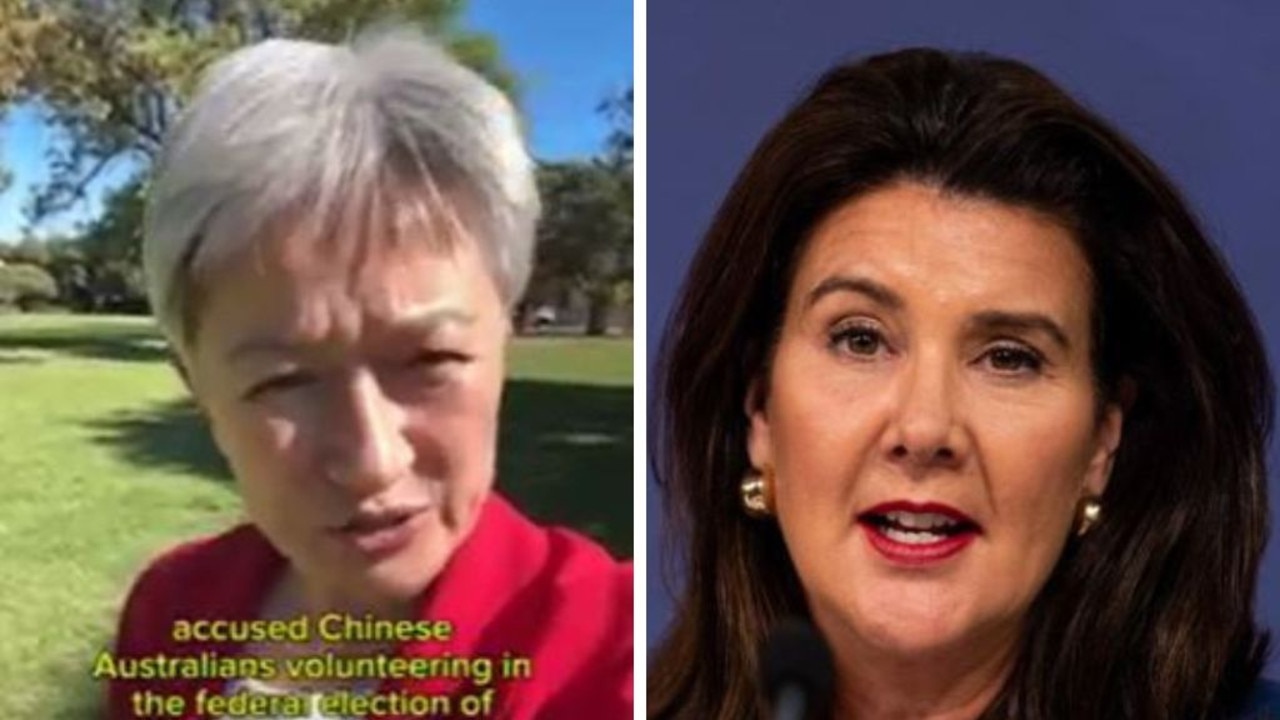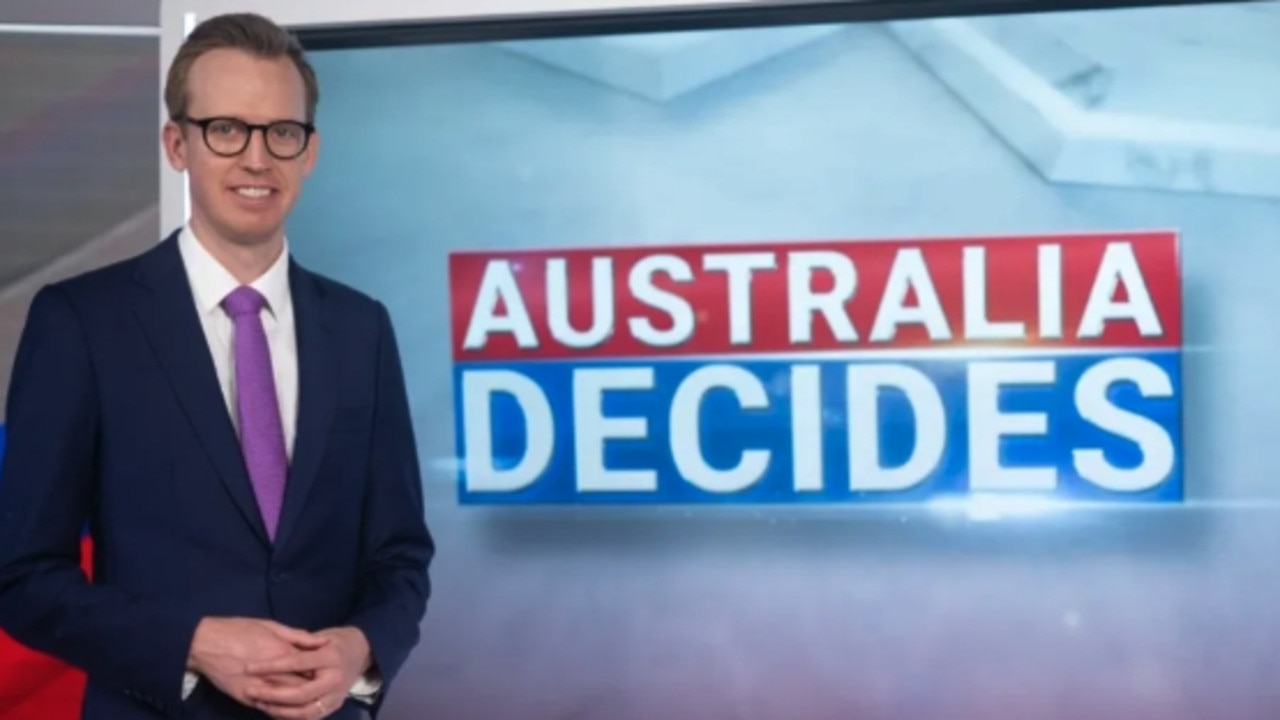Aussie family’s plea to raise $300,000 for son’s lifesaving cancer treatment
Sydney boy Zai, 9, is among Aussie children in the fight of their lives and a government scheme meant to save them is forcing families to come up with insane amounts of money. Here’s why.
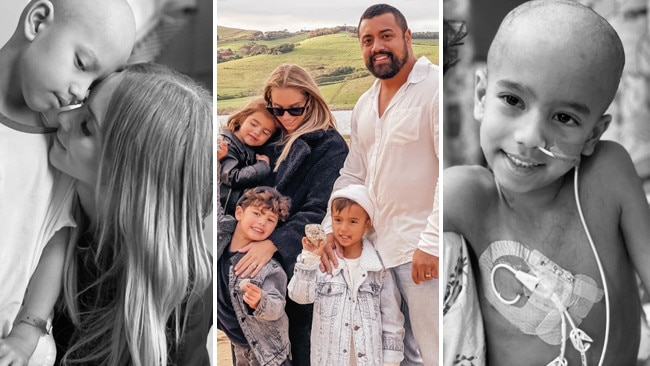
National
Don't miss out on the headlines from National. Followed categories will be added to My News.
Zai Abdollahi’s passion for soccer and rock climbing have helped him endure a punishing 12 months of surgery, chemotherapy, a bone-marrow transplant and immunotherapy.
Despite the gruelling treatment there is a 50 per cent chance his rare cancer — neuroblastoma — could return.
His family are up against a desperately tight timeline to raise $300,000 for lifesaving treatment in the US that he has to start taking by July.
And the plight of Zai – and four other children who could benefit from the drug – has highlighted major inadequacies in a Federal Government scheme set up to cover the costs of patients who have to go overseas for treatment not available here.
“As a parent, you’re not going to take any risks. If these tablets will help Zai’s chances you’ll do everything that you have to do,” Zai’s mother Kalee Abdollahi said.
“Zai has been incredibly strong and resilient throughout his treatment.
“He’s had to overcome so much the past 12 months and he has done this with such a positive attitude. Zai is the one who has kept us strong. He’s an inspiration to us all.”
>>HELP ZAI’S FAMILY RAISE LIFESAVING FUNDS HERE
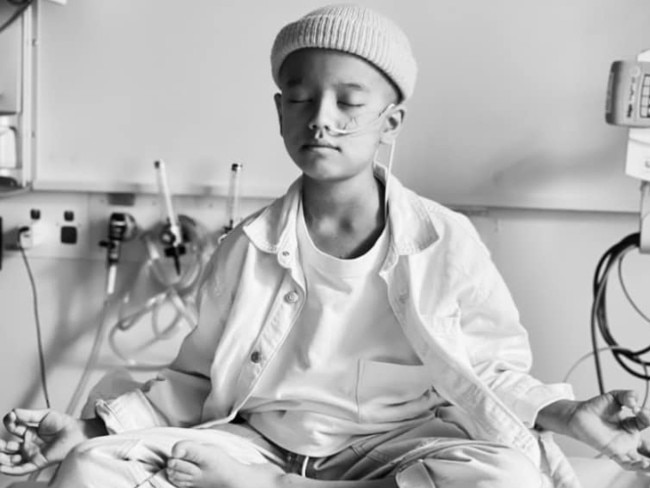
Zai is one of five Aussie children who could benefit from a repurposed drug Difluoromethylornithine (DFMO) that clinical trials show could slash the risk of the cancer returning by almost 50 per cent.
The medication has previously been used to treat African sleeping sickness and facial hair growth but in a different concentration was approved to treat neuroblastoma by the US FDA in December last year.
Pharmaceutical company US WorldMeds has not yet applied to have it marketed or subsidised here and it could take years Zai may not have for that bureaucratic process to be completed.
The government’s Medical Treatment Overseas Program (MTOP) is meant to cover the costs for treatment, airfares and accommodation for Australians who need lifesaving medical treatment in another country.
But instead of being able to use the scheme, families who are accessing the medication for free under a US clinical trial have had to resort to raising money through GoFundMe, Instagram and charity balls.
This is because the scheme does not cover clinical trials.
To meet the conditions of the government scheme the families would instead have to pay $15,000 for the drug every month for two years (a total bill of $360,000) and then wait for the government to reimburse them.
Having the treatment this way would cost the taxpayer more than if it funded the family to take part in the clinical trial where it is provided free.
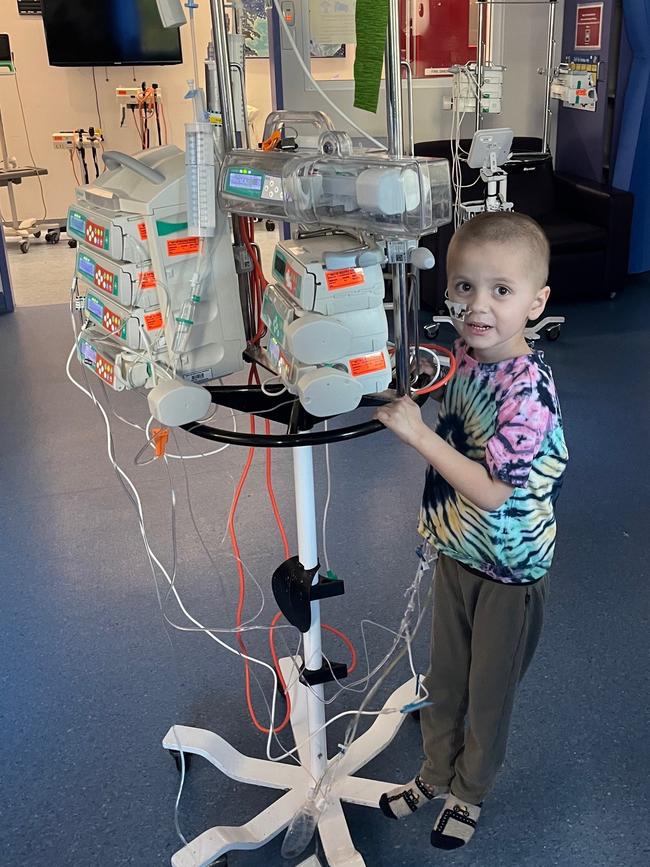


Four-year-old Jack Schofield is also set to join the US trial of the new treatment later this year.
After he developed a mysterious limp last year doctors discovered Jack had a grapefruit-sized tumour near his adrenal gland that had spread to nearly all of his long bones, his skull, and 86 per cent of his bone marrow was cancer.
“You can’t even explain the feelings that you go through when you hear those words that your child has cancer, it was so incredibly hard,” his mother Jaimee Thompson, whose family is trying to raise funds for his treatment, said.
Harry Sammut, 10, was accepted into the US trial for DFMO in December, after 18 months of brutal and exhausting treatment. His strength is slowly improving and he’s grown two centimetres.
He has to travel to the US five times over a two-year period with a total cost exceeding $130,000, including medical costs, airfares / transfers and travel insurance.
“I’m just a mum trying to save my son,” Harry’s mother Julia Sammut said.
The family is relying on fundraising through GoFundMe and Rare Cancers Australia to cover the costs.
“It will be greatly appreciated if something could change within the government system for us,” Ms Sammut said.
“They’re just kids, you know, they shouldn’t have cancer, but if they do, we want to help them have a childhood or have a life after cancer.”

CEO of Neuroblastoma Australia Lucy Jones said her organisation – together with cancer specialists – have asked the federal government to pay for the treatment in Australian hospitals under a special access scheme.
“It would be cheaper for the government to do that than to fund the MTOP,” Ms Jones said.
This is because the government would only be paying for the medication and would not have to reimburse the families for travel an accommodation costs to the United States several times a year.
“We have supported I’m going to say probably 10 children at spectacular expense to go overseas to access this treatment,” Rare Cancers Australia CEO Christine Cockburn said.
“The out of pocket costs for these poor Australian families with a sick child is ludicrous.
“It just makes more sense for everybody for Australian children to be able to access evidence base care here in Australia, and all parties need to get together and make that happen,” Ms Cockburn said.
Health Minister Mark Butler said the experiences of these children were “heartbreaking”, will be appealing to pharmaceutical supplier Norgine to provide the drug for free to Australian children while bureaucratic processes to approve it and subsidise it are underway.
“I will write to Norgine encouraging them to make an application to the TGA to register eflornithine in Australia and to consider compassionate access to Australian families in the meantime and consider options to expand clinical trials in Australia,” Mr Butler said.
More Coverage
Originally published as Aussie family’s plea to raise $300,000 for son’s lifesaving cancer treatment




